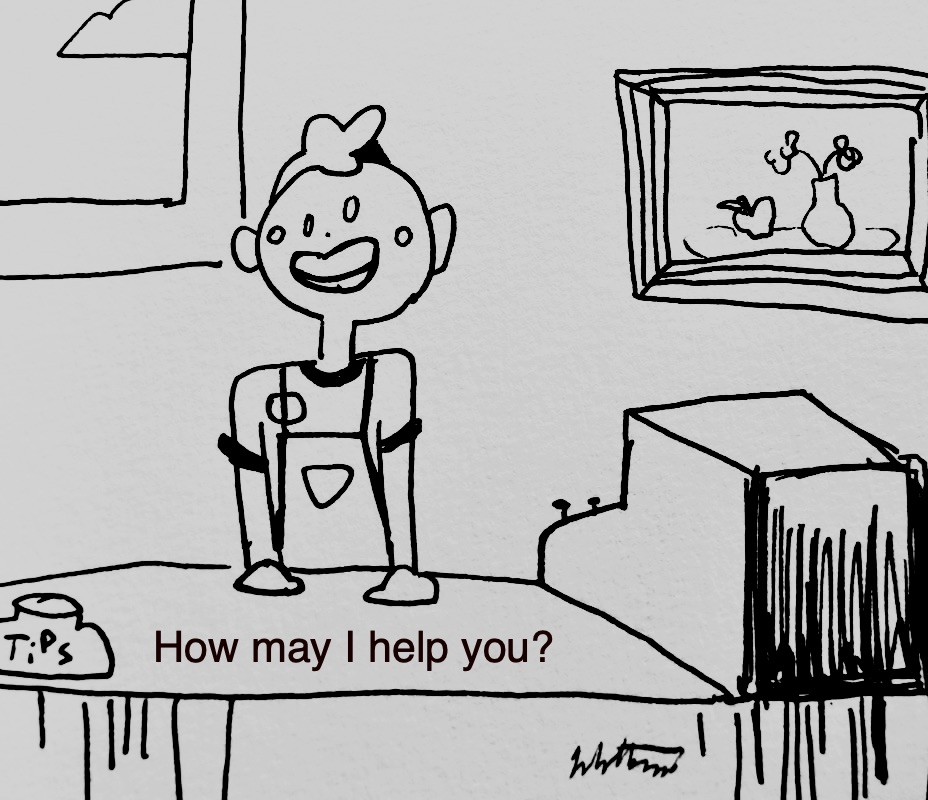Freelance writers, and other creatives, often work with very traditional clients, including large corporations, nonprofits, and even sole proprietors. No matter the size, such clients may still seek what they consider "traditional" collaborators to further their brand. Does that mean you can't have a tattoo and blue hair to work with such employers? One would hope not in modern America. Regardless, your product should scream professionalism, or that client may pass.
It's not my intent to tamp down the "creative" of creatives, nor tell anyone what to wear or how to handle themselves in an interview. That's not my intent. However, let's put the basics of applying for a traditional job into perspective.
1. Provide an error-free resume/portfolio. A neat, organized resume/portfolio will show a potential employer that YOU are neat and organized.
2. Dress to impress. Whether interviewing for a minimum-wage seasonal summer job or setting one's sights on CEO of a nonprofit, a potential hire who dresses to impress (whatever that may mean for that particular job) will get noticed. Employers are drawn to employees who show they care about their appearance. Putting in the effort to make a good first impression may prompt a potential employer to believe an applicant will put forth the same effort on the job.
3. Do your homework. Research the employer and get to know the business. Prepare questions that make it clear you care and are engaged, because, ultimately, the employer cares enough about the business to grow its employee base.
4. Be prompt and courteous. Arrive to your interview when expected and thank the employer for his or her time.
5. Offer more than is requested. If appropriate, bring work samples and follow up the interview with a personal "thank you" email.
The basics of applying for a creative job or presenting a freelance proposal?
Exactly the same as above. No matter the job, professionalism is expected and may put you a step ahead of the competition.
ADDITIONAL NOTES:
Social Media — Like it or not, social media plays a huge part in presenting what you privately stand for as a person and what you publicly stand for as a professional. In today's world, those lines often blur, and many creatives make $$$ from posting on YouTube and TikTok. A potential employer or client WILL research you, and your social media accounts may be the first place they look. Be thoughtful in your posts. If it's controversial or polarizing content, reconsider. Such content could limit your marketability, but, on the opposite side of the coin, if your brand directly benefits from such posts, you do you.
Querying — Professionalism ALSO applies to the query process. Provide the cleanest, most fully-edited version of your manuscript and follow the submission directions, as posted, on a literary agency's website. If you don't care enough to present your best work and won't follow the directions, how likely is an agent to believe you will be receptive and/or able to take criticism and editorial feedback? He or she won't. It's just that simple.
Professionalism ... whatever the job, it's expected.
Thanks, Michelle Haas, for the artwork!
#AmWriting #WritingCommunity #WIP #Querying #Freelance #Writer #Professional

 RSS Feed
RSS Feed

